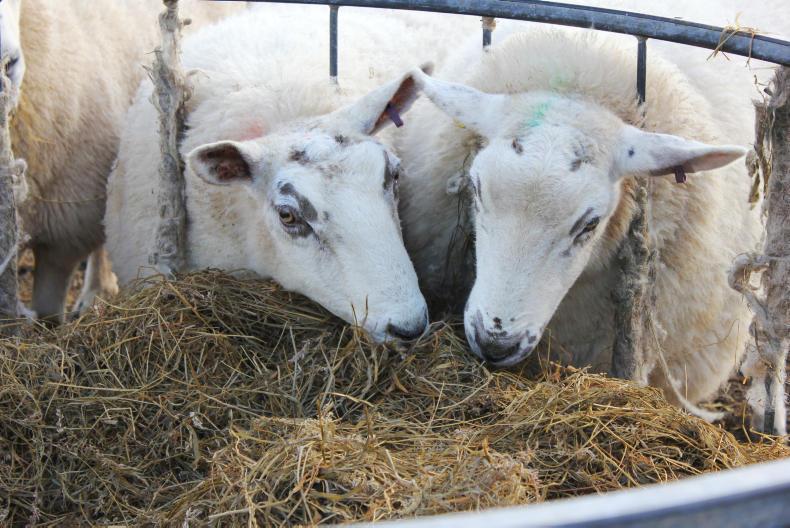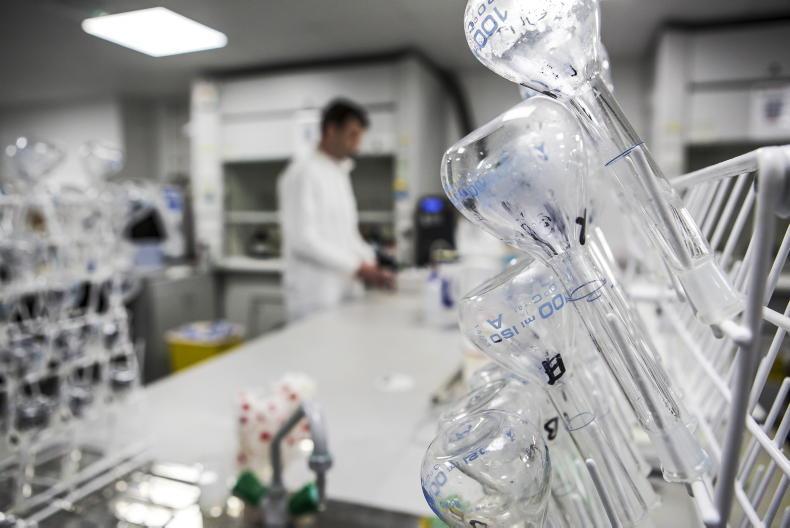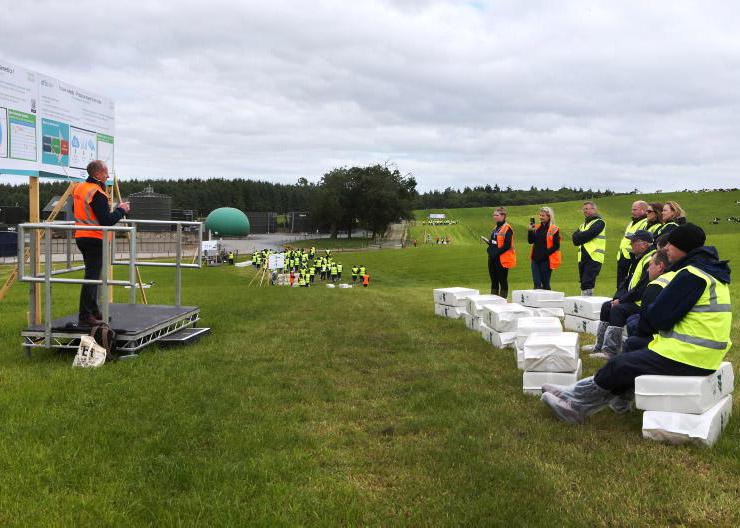If the UK leaves the EU without a deal on 29 March, it will be the decision taken on whether or not to apply tariffs on food imports that will define the future for farming in NI.
The British government is yet to confirm whether tariffs will apply. One thing made clear by International Trade Secretary Liam Fox last week was that if the UK puts zero tariffs on EU products after Brexit, then the same terms must be offered to everyone else.
The fear for farming unions has always been that the government will not want higher food prices after Brexit, so it will allow in products tariff free.
In one regard, that would be a surprise, as it would significantly weaken the UK position in future trade negotiations with other countries, if it already had given tariff-free access to its’ high-value food market.
However, various reports, including the analysis conducted by Agri-Food and Biosciences Institute (AFBI) economists in 2017, suggest that food prices will rise if the UK adopts the same tariff schedule as the EU27.
With the likes of a €780 tariff on a 350kg R3 Irish steer, or a €1,671/t tariff on Irish cheddar – food price increases would be inevitable.
Of course, most farmers would benefit from that tariff barrier.
In the AFBI analysis, by the end of the projected period (2025) UK beef price is 17% higher, milk is up 18%, pigs and poultry up 31% and 20% respectively.
Grain prices are little changed, and only the sheep sector takes a hit, given its reliance on the EU market.
But if there are zero tariffs on imports, then the AFBI analysis is clear that beef and sheep production is decimated, while prices for pigs, poultry and milk face reductions of 7-12%.
In effect, therefore, a no-deal Brexit is a high-risk game for farmers. It is a game no farming leader wants to play.
Read more
Lakeland chief wants Brexit deal
Hard border will be the least of problems for farmers
If the UK leaves the EU without a deal on 29 March, it will be the decision taken on whether or not to apply tariffs on food imports that will define the future for farming in NI.
The British government is yet to confirm whether tariffs will apply. One thing made clear by International Trade Secretary Liam Fox last week was that if the UK puts zero tariffs on EU products after Brexit, then the same terms must be offered to everyone else.
The fear for farming unions has always been that the government will not want higher food prices after Brexit, so it will allow in products tariff free.
In one regard, that would be a surprise, as it would significantly weaken the UK position in future trade negotiations with other countries, if it already had given tariff-free access to its’ high-value food market.
However, various reports, including the analysis conducted by Agri-Food and Biosciences Institute (AFBI) economists in 2017, suggest that food prices will rise if the UK adopts the same tariff schedule as the EU27.
With the likes of a €780 tariff on a 350kg R3 Irish steer, or a €1,671/t tariff on Irish cheddar – food price increases would be inevitable.
Of course, most farmers would benefit from that tariff barrier.
In the AFBI analysis, by the end of the projected period (2025) UK beef price is 17% higher, milk is up 18%, pigs and poultry up 31% and 20% respectively.
Grain prices are little changed, and only the sheep sector takes a hit, given its reliance on the EU market.
But if there are zero tariffs on imports, then the AFBI analysis is clear that beef and sheep production is decimated, while prices for pigs, poultry and milk face reductions of 7-12%.
In effect, therefore, a no-deal Brexit is a high-risk game for farmers. It is a game no farming leader wants to play.
Read more
Lakeland chief wants Brexit deal
Hard border will be the least of problems for farmers









SHARING OPTIONS